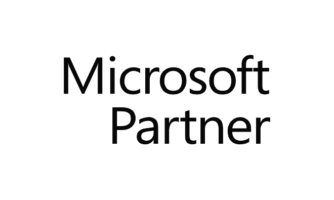
The Dark Web
9th April, 2020
- Industry Insights
- Security
The internet is a wide and open expanse of everything that you can imagine, and then some. Within the internet there is the surface web, deep web and the dark web. The surface web is what you are using now to read this article and displayed to everyone. The surface web contain sites such as Google, Facebook and YouTube and is estimated to make up less than 10% of the internet. You use the surface web every time you go on the internet.
The deep web and the dark web are often confused, as they both are somewhat interchangeable. The deep web is a part of the internet that is hidden from search engines. This may contain websites such as email, online banking and private sites that aren’t displayed to the whole public.
The dark Web is made up of digital communities that sit on top of the Internet, and while there are legitimate purposes to the dark Web, it is estimated that over 50% of all sites on the dark Web are used for criminal activities, including the disclosure and sale of digital credentials.
When cyber criminals gain access to companies sensitive data, that data can find its way onto the dark web. This information can be shared through various forums and traded or sold with other users. They could potentially gain access to your systems or try to access personal information and try to make fraudulent transactions. It’s not uncommon that companies don’t even know they may have been compromised and continue with their business unknowingly. It has been reported that 81% of hacking-related breaches leverage either stolen and/or weak passwords.
How can I stay protected?
Our stance is to stay away from the dark web and leave it to the IT professionals. In this day and age however, you need to make sure you remain secure and proactive in the fight against hackers.
Our Dark Web Monitoring Service gives you the opportunity to take action to prevent or stop attacks before it’s too late. We will proactively monitor and scan the dark web for you and make you aware if your data becomes compromised.
Contact us to find out more.





